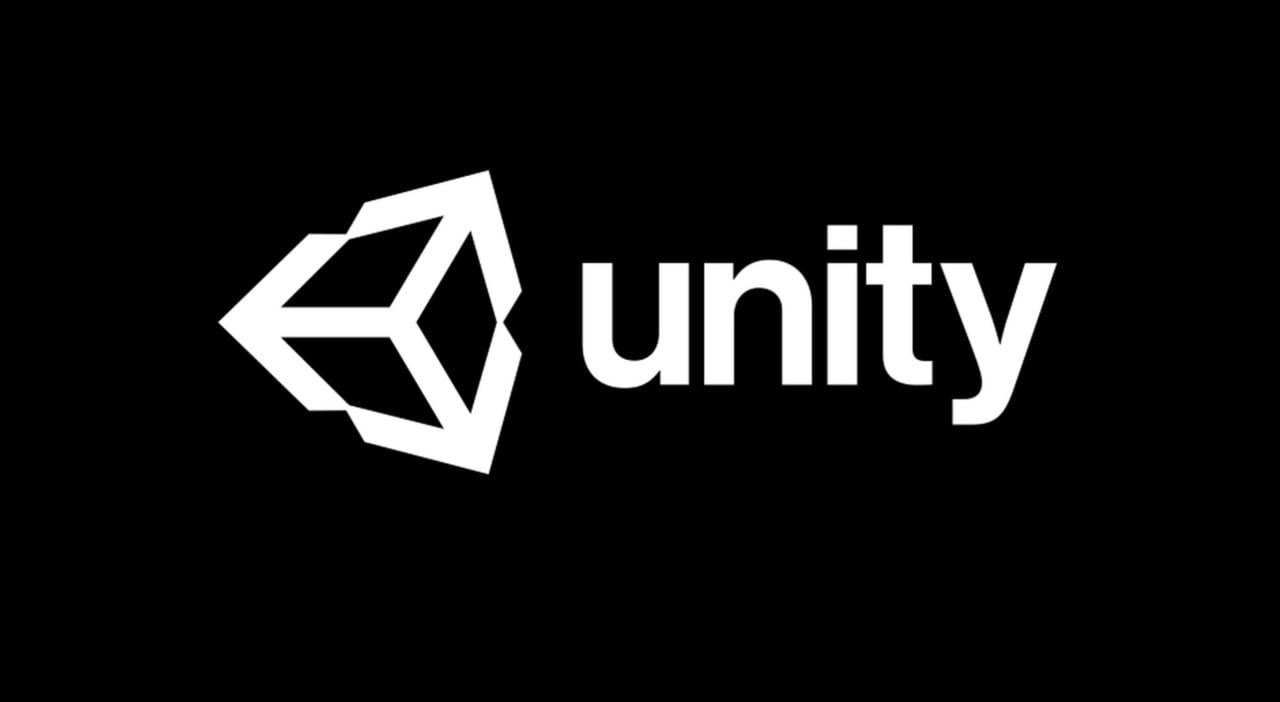
Video game development has always been an industry of rapid changes and adaptability, with companies rising and falling based on how well they can anticipate and react to market trends. Unity Technologies, a significant player in providing software for game development, is facing a period of major transition. Known for its flexible game engine that powers many indie and AAA gaming titles, Unity recently made the stark announcement that it is slashing its workforce by a quarter.
This substantial cut means Unity is eliminating around 1,800 positions across all departments and regions in which it operates. The company, once praised for its innovative tools and customer-friendly policies, has now found itself in a position where a significant restructure was deemed necessary to ensure its future stability and prosperity. This decision marks the largest layoff in the company's history and represents a substantial cost-cutting measure.
The move follows a tumultuous period in Unity's history, marred by issues like the widely unpopular "runtime fee" pricing policy that caused an uproar last year. The policy was later retracted after fervent customer feedback but indicated deeper troubles within the organization. Furthermore, significant leadership changes saw the departure of the CEO and president, signaling to the industry that Unity was poised to change course.
These layoffs, described in both a regulatory filing and an internal memo, are not the first; they follow a series of workforce reductions initiated since July 2022. It is evident that Unity is working through a multi-phase 'company reset', an endeavor to narrow down its focus on the core elements of its business that could drive long-term success and ensure profitability.
The company's recalibration involves critically analyzing its operations, aiming to shed non-essential projects and initiatives that may have distracted from its primary mission. As difficult as it is for those whose jobs are impacted, Unity's goal is to emerge leaner and more focused on creating and supporting the robust, efficient tools for which it became famous in the gaming world. The underlying strategy is that with fewer diverging paths, the company can provide even better service and tooling for developers who rely on its software.
Unity, while centrally a software provider for games, also operates in industries such as film production and architecture, emphasizing visualizations and real-time 3D content creation. Aspects of these markets may be affected by the layoffs as the company hones in on the most valuable and profitable parts of its portfolio. This restructuring is a high-stakes gamble that Unity is banking on to pay off by delivering a more streamlined product suite to its customers.
The layoffs are scheduled to be fully realized by the end of March, with the company likely to feel the tremors of this substantial employee reduction for some time. Similar to a ship changing course in rough waters, the organization will have to stabilize post-layoffs and prove to clients and investors alike that the moves made were not just necessary but also beneficial for long-term growth and operational resilience.
Unity's current circumstance is a keen reminder of the volatility of the tech industry, where even giants are not immune to existential threats and must continuously evolve to survive. There's no doubt that Unity's technology remains a cornerstone in the game development industry, and many are watching to see how this reset shapes the future of the company. Unity's contribution to the gaming community has been immense, providing tools that democratize game creation and empower creators across skill levels and genres. The hope is that these disruptions are but a momentary stumble in its journey and that Unity will return to a steady stride soon, bolstered by a sharper, more focused vision. The gaming community expects Unity to maintain its commitment to innovation and excellence, key pillars that have won over game developers of all calibers worldwide. As Unity navigates this transformational phase, the industry looks forward to understanding how these changes will influence the landscape of game development moving forward.
You must be logged in to post a comment!